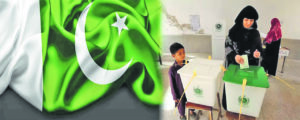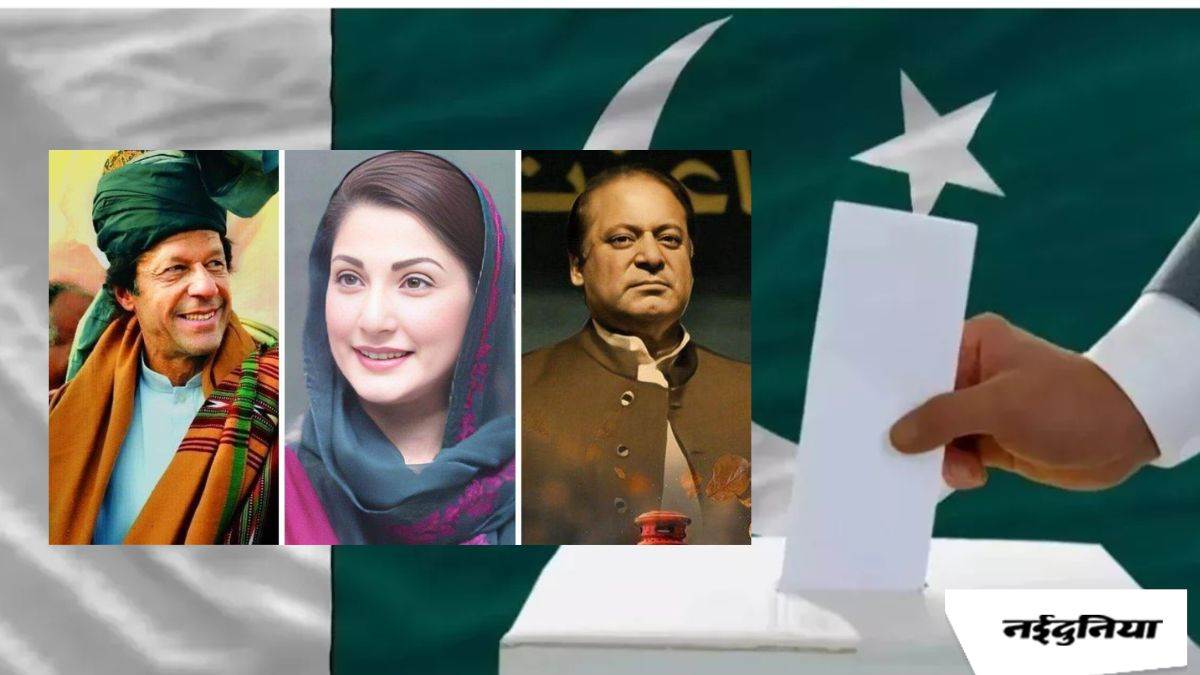Pakistan is gearing up for a crucial election that many experts believe will be one of the most contentious in its 76-year history. The country has a long-standing struggle with military influence and political turmoil, making the upcoming polls highly uncertain and fraught with speculation.
Throughout Pakistan’s history, the military has often held significant power, alternating between periods of direct rule and civilian governance. Despite occasional transitions to civilian leadership, the military’s influence remains deeply ingrained in the country’s politics.

This election marks only the third time Pakistan will experience a democratic transfer of power between civilian governments. The removal of former Prime Minister Imran Khan in 2022, following a vote of no confidence, led to a prolonged political crisis. Khan accused the military of interfering in his removal, casting doubt on the credibility of the electoral process.
The lead-up to Thursday’s vote has been marked by intense polarization and accusations of electoral manipulation. There are reports suggesting the military has worked to undermine Khan’s political base while supporting his rival, former Prime Minister Nawaz Sharif’s party.
With approximately 128 million eligible voters, Pakistanis will cast their ballots for a new Parliament, which will then select a new prime minister. The National Assembly has 266 seats, with an additional 70 reserved for women and minorities, making coalition governments likely.
Pakistan’s political landscape is dominated by three main parties: the Pakistan Muslim League-Nawaz (PML-N), the Pakistan People’s Party (PPP), and the Pakistan Tehreek-e-Insaf (PTI).
Imran Khan, the leader of PTI, has been notably absent from the campaign due to legal issues and allegations of misconduct. His party members have reported harassment and intimidation by authorities, complicating the electoral process.
The PML-N, led by Nawaz Sharif, is expected to perform strongly, capitalizing on Sharif’s experience and popularity. Meanwhile, the PPP, led by Bilawal Bhutto Zardari, is likely to secure seats in its traditional strongholds and may participate in a coalition government led by Sharif.
The incoming government will face numerous challenges, including economic instability, security threats, and strained relations with neighboring Afghanistan. Pakistan’s economy is struggling with high inflation and energy shortages, requiring external financial assistance.
Despite concerns about security and electoral fairness, Pakistan is on the verge of a historic election that will shape its political landscape for years to come. Preliminary results are expected shortly after polls close, with the selection of the next prime minister scheduled for the end of February.















































